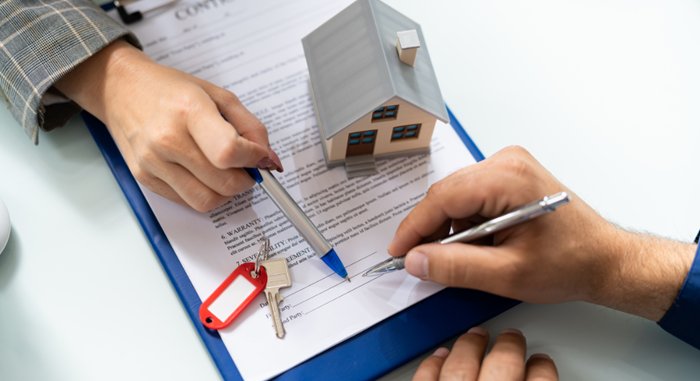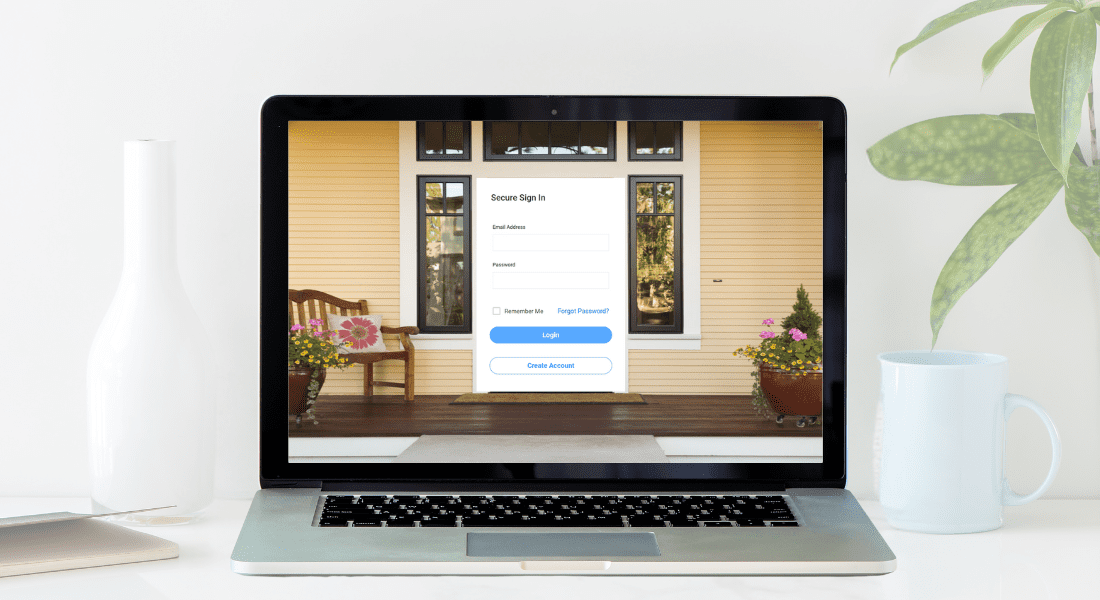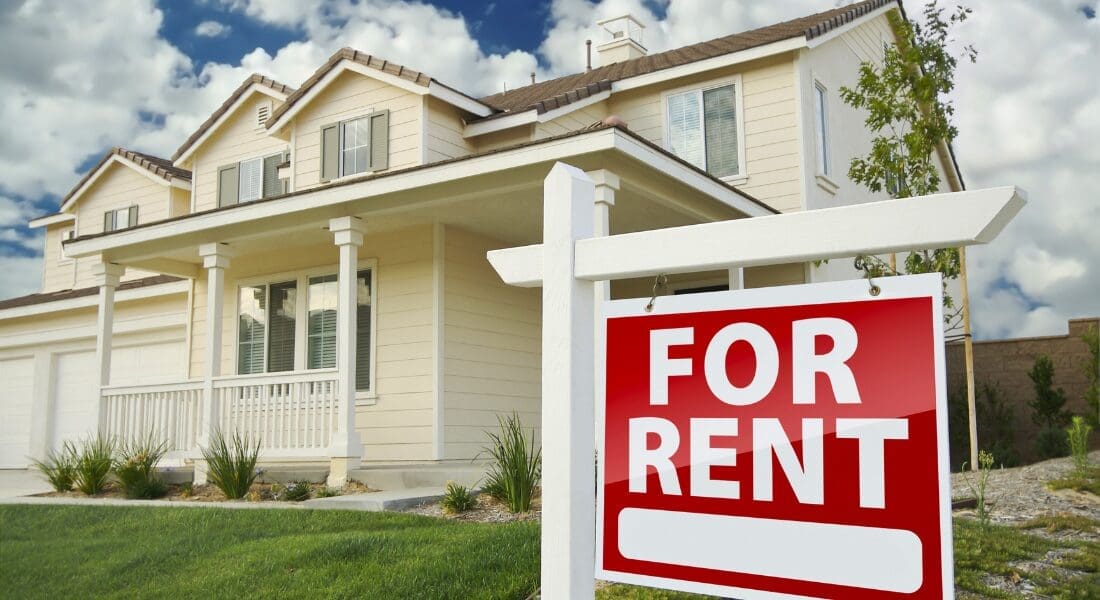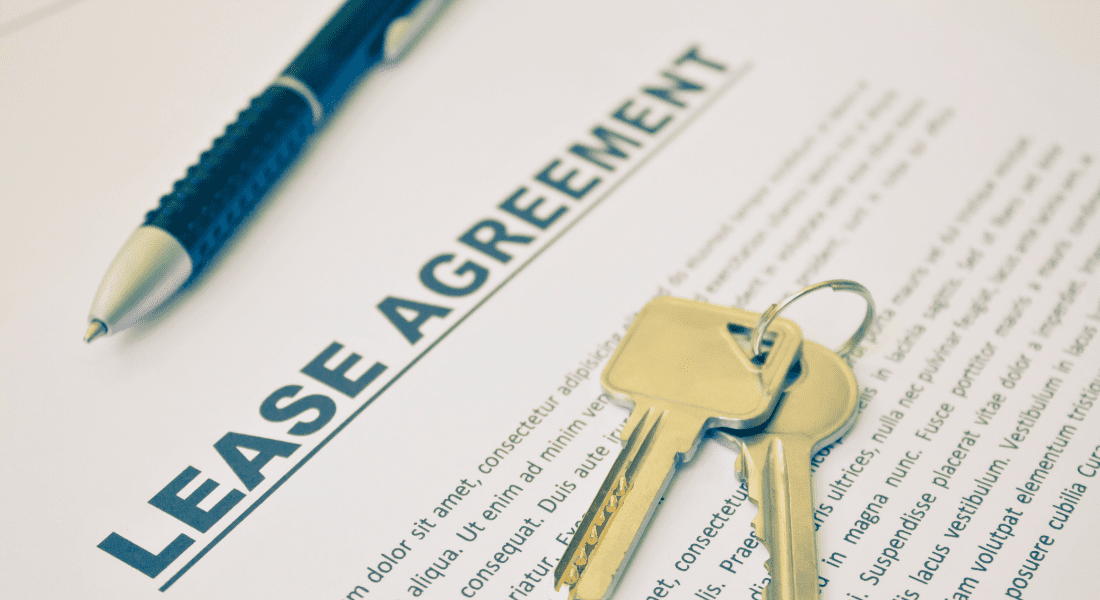Are you a landlord or property manager looking to elevate your property management game? Managing rental properties effectively is no small feat, but with the right strategies and tips, you can make the process smoother and more efficient. In this comprehensive guide, we’ll explore 12 property management tips that every landlord should know. Whether you’re a seasoned property owner or just starting in the rental business, these insights will help you stay on top of your game and become a successful landlord.
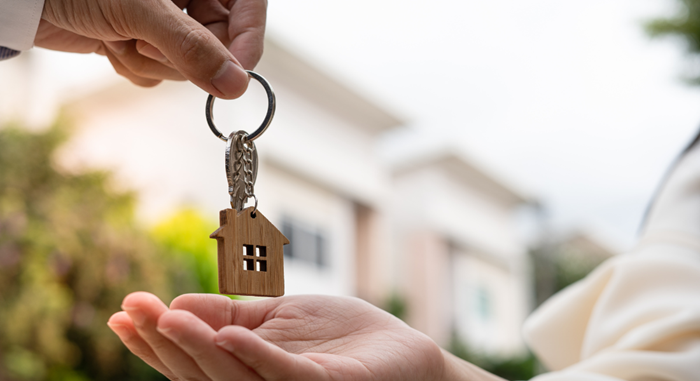
Table of Contents
ToggleUnderstanding the Role of a Landlord
Being a landlord involves a multifaceted set of responsibilities that extend well beyond mere rent collection. It encompasses various duties aimed at safeguarding the property, fostering tenant relationships, and complying with legal obligations.
Ensuring Property Safety
One primary aspect of the landlord’s role is ensuring the safety and structural integrity of the property. This includes conducting regular maintenance checks, promptly addressing repairs, and implementing safety measures like fire alarms and secure locks.
Maintaining Positive Tenant Relationships
Effective communication and relationship-building with tenants are crucial for landlords. Establishing open lines of communication fosters trust and enables quick resolution of concerns or disputes, contributing to tenant satisfaction and retention.
Compliance with Legal Obligations
Landlords must adhere to numerous legal obligations and regulations governing rental properties. This includes compliance with local housing codes, handling security deposits according to state laws, and staying informed about relevant regulations to operate within the law.
Effective Property Management: The Key to Success
Effective property management is like the secret sauce for landlords and property managers. It’s all about keeping your property in top shape, making sure rent comes in on time, and being there for your tenants when they need you. This not only keeps your property looking good but also makes sure your tenants feel happy and taken care of.
Keeping Your Property Shipshape
Making sure your property stays in good condition is a big part of property management. Regular maintenance and fixing things up quickly keep your property attractive and comfortable for your tenants.
Getting Rent Paid on Time
Getting the rent in on time is crucial for keeping things running smoothly. Having clear rules for rent payments and dealing with any issues fast helps keep the cash flowing and your finances on track.
Being There for Your Tenants
Being a good landlord means being there when your tenants need help. Whether it’s fixing something broken or sorting out a problem, being responsive shows your tenants you care about them and their home.
Tenant Screening: Finding Prospective Tenant
Tenant screening is a big deal in property management. It’s all about making sure you find someone who’s responsible, financially sound, and a good match for your property. By doing this, you can avoid potential headaches down the road.
Digging Deep with Background Checks
When it comes to tenant screening, it’s important to go beyond the surface. Conduct thorough background checks to uncover any red flags like past evictions or criminal history. This helps ensure you’re bringing in tenants who will treat your property with respect.
Checking the Financials
Verifying a tenant’s income is crucial for ensuring they can afford the rent. This step helps you avoid situations where tenants struggle to pay, leading to late payments or missed rent altogether. It’s all about finding someone who can comfortably afford to live in your property.
Reaching Out to References
Speaking with previous landlords or employers can provide valuable insights into a tenant’s behavior and reliability. References can confirm details provided by the tenant and give you peace of mind knowing you’re renting to someone trustworthy.
Lease and Rental Agreements
Having a well-crafted lease or rental agreement is key to a smooth rental process. It lays out the rules and expectations for both you and your tenant, helping to prevent misunderstandings and disputes down the line.
Clarity is Key
Your lease agreement should be crystal clear, outlining all the terms and conditions of the rental arrangement. This includes details like rent amount, due dates, pet policies, and any maintenance responsibilities. Clear communication from the get-go sets the stage for a positive tenant-landlord relationship.
Protecting Your Interests
A robust lease agreement not only benefits your tenant but also protects your interests as a landlord. It should address important matters such as security deposits, lease termination procedures, and liability issues. By including these provisions, you can minimize risks and ensure a fair and secure rental experience for both parties.
Compliance with Legal Requirements
Ensuring that your lease agreement complies with local laws and regulations is non-negotiable. This means staying up-to-date with any legal requirements regarding rental agreements in your area and making necessary adjustments to your lease as needed. Failing to comply with legal obligations can result in costly consequences, so it’s essential to dot your i’s and cross your t’s in this regard.
Rent Collection: Ensuring Payments On Time
Rent collection isn’t just about getting money—it’s about keeping your finances healthy. Consistent, on-time rent payments are essential for maintaining a steady cash flow to cover expenses like maintenance, utilities, and mortgage payments.
Property Maintenance and Inspections
Regular property maintenance and inspections are key to keeping your rental in top condition. Address any maintenance issues promptly, and conduct inspections to identify problems early. A well-maintained property attracts good tenants.
Streamlining the Process
To ensure smooth rent collection, it’s crucial to have an efficient system in place. Consider offering multiple payment options such as online payments, bank transfers, or automatic deductions. This makes it easier for tenants to pay on time, reducing the likelihood of late payments.
Minimizing Disruptions
Late rent payments can throw a wrench in your financial plans and disrupt your property management routine. By implementing an effective rent collection system, you can minimize the risk of late payments and avoid unnecessary stress and complications.
Communication is Key
Clear communication is essential when it comes to rent collection. Make sure your tenants understand the payment due dates, accepted payment methods, and any consequences for late payments. Being transparent upfront can help prevent misunderstandings and encourage timely payments.
Addressing Issues Promptly
When maintenance issues arise, it’s crucial to address them promptly. Whether it’s a leaky faucet, a malfunctioning HVAC system, or a cracked window, taking care of problems as soon as they arise prevents them from escalating and causing further damage.
The Value of Inspections
Regular inspections are a proactive way to identify potential issues before they become major problems. By conducting inspections periodically, you can catch issues early, address them promptly, and keep your property in top condition.
Attracting Quality Tenants
A well-maintained property is a magnet for quality tenants. Tenants are more likely to stay long-term and take good care of the property when it’s well-maintained and in good repair. This leads to fewer vacancies and a more stable rental income.
Dealing with Tenant Issues
Tenant issues are par for the course in property management. From maintenance requests to noise complaints, addressing tenant concerns is an integral aspect of maintaining a harmonious rental environment.
The Power of Responsiveness
Being responsive to tenant complaints and concerns is crucial. Promptly addressing issues shows tenants that their well-being matters and fosters trust in the landlord-tenant relationship.
Effective Communication is Key
Clear and open communication is essential when dealing with tenant issues. Listening to tenants’ concerns, empathizing with their perspectives, and working together to find solutions can help resolve problems effectively and maintain a positive relationship.
Resolving Problems Proactively
Taking a proactive approach to resolving tenant issues can prevent conflicts from escalating. Whether it’s scheduling repairs, addressing noise disturbances, or mediating disputes between tenants, proactive intervention can nip problems in the bud.
Property Accounting and Finances
Maintaining accurate financial records is the bedrock of successful property management. By keeping meticulous track of income and expenses related to your rental business, you gain valuable insights into your financial health and can make informed decisions to maximize profitability.
Tracking Income and Expenses
Recording all sources of income, such as rent payments and any additional fees or revenue streams, is essential. Similarly, tracking expenses—including maintenance costs, property taxes, insurance premiums, and utility bills—provides a comprehensive view of your financial standing.
Informed Financial Decision-Making
Having a clear understanding of your property’s financial performance allows you to make informed decisions about budgeting, investment, and resource allocation. Whether it’s deciding on renovations to increase property value or setting rental rates that strike a balance between profitability and tenant affordability, accurate financial data is invaluable.
Ensuring Compliance with Tax Regulations
Proper accounting practices are essential for complying with tax regulations and avoiding potential penalties or legal issues. By maintaining organized financial records and staying up-to-date with tax obligations, you can streamline the tax filing process and minimize the risk of audits or fines.
Utilizing Property Management Software
Property management software offers a suite of tools and features designed to streamline various aspects of your rental business. From managing multiple properties to automating routine tasks, investing in the right software can significantly enhance your efficiency and productivity.
Managing Multiple Properties Effectively
For landlords with multiple properties, keeping track of rental income, expenses, and tenant communications can quickly become overwhelming. Property management software centralizes all relevant information, allowing you to manage multiple properties from a single platform and gain a comprehensive overview of your portfolio.
Automating Rent Collection and Payments
One of the key benefits of property management software is its ability to automate rent collection and payment processes. By setting up recurring payments and online rent collection systems, landlords can ensure timely payments from tenants, minimizing the risk of late or missed rent payments.
Tracking Maintenance Requests and Issues
Property management software simplifies the maintenance management process by enabling tenants to submit maintenance requests online. Landlords can track the status of requests, assign tasks to maintenance staff or contractors, and ensure timely resolution of issues, enhancing tenant satisfaction and property upkeep.
Saving Time and Hassle
Ultimately, property management software saves landlords valuable time and reduces administrative burden. By automating repetitive tasks, streamlining communication, and providing real-time access to important data, software solutions empower landlords to focus on strategic decision-making and growing their rental business.
Marketing Your Rental Property
The first step in marketing your rental property is to create eye-catching and informative rental listings. Provide detailed descriptions highlighting key features and amenities of the property, such as the number of bedrooms and bathrooms, any special features like a backyard or updated kitchen, and information about the neighborhood and nearby amenities.
Showcasing with High-Quality Photos
Accompany your rental listings with high-quality photos that showcase the property in its best light. Clear, well-lit images help potential tenants visualize themselves living in the space and are more likely to generate interest and inquiries.
Utilizing Online Platforms and Social Media
Take advantage of online rental platforms and social media channels to expand your reach and attract a broader audience. List your rental property on popular websites and rental listing platforms such as Zillow, Trulia, and Craigslist, as well as specialized rental websites targeting your local market.
Additionally, leverage social media platforms like Facebook, Instagram, and Twitter to promote your rental property to a wider audience. Share your rental listings and engage with potential tenants through posts, photos, and videos showcasing the property’s highlights and unique features.
Engaging with Potential Tenants
Respond promptly to inquiries and requests for more information about your rental property. Provide accurate and helpful responses to questions from potential tenants and schedule property viewings promptly to accommodate their schedules.
Handling Multiple Rental Properties
For landlords with multiple properties, managing each one efficiently can be a daunting task. From rent collection to maintenance requests, keeping track of all the moving parts can quickly become overwhelming without the right systems in place.
Utilizing Property Management Tools
Property management tools and systems offer a solution to the challenges of managing multiple properties. These tools centralize key functions such as rent collection, tenant communication, and maintenance tracking, allowing landlords to oversee all their properties from a single platform.
Streamlining Operations
By consolidating management tasks into a single system, landlords can streamline their operations and save valuable time and effort. Property management software automates routine tasks, provides real-time insights into property performance, and facilitates communication with tenants, contractors, and other stakeholders.
Enhancing Efficiency and Productivity
Efficient management processes enable landlords to handle multiple properties more effectively, reducing administrative burden and minimizing the risk of oversight or errors. With streamlined operations, landlords can focus their time and energy on strategic decision-making and growing their rental business.
Staying Informed: The Importance of Education
The property management landscape is constantly evolving. It’s important to stay informed about changes in laws, regulations, and industry trends. Attend landlord conferences, join landlord associations, and keep learning to be a successful landlord.
Conclusion
In summary, effective property management is a multifaceted task that involves various responsibilities and challenges. By understanding the role of a landlord, implementing the right strategies, and staying informed, you can become a good landlord who ensures the well-being of your rental property and maintains positive relationships with your tenants. Follow these property management tips to enhance your property management skills and build a successful rental property business.

